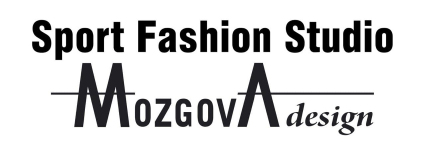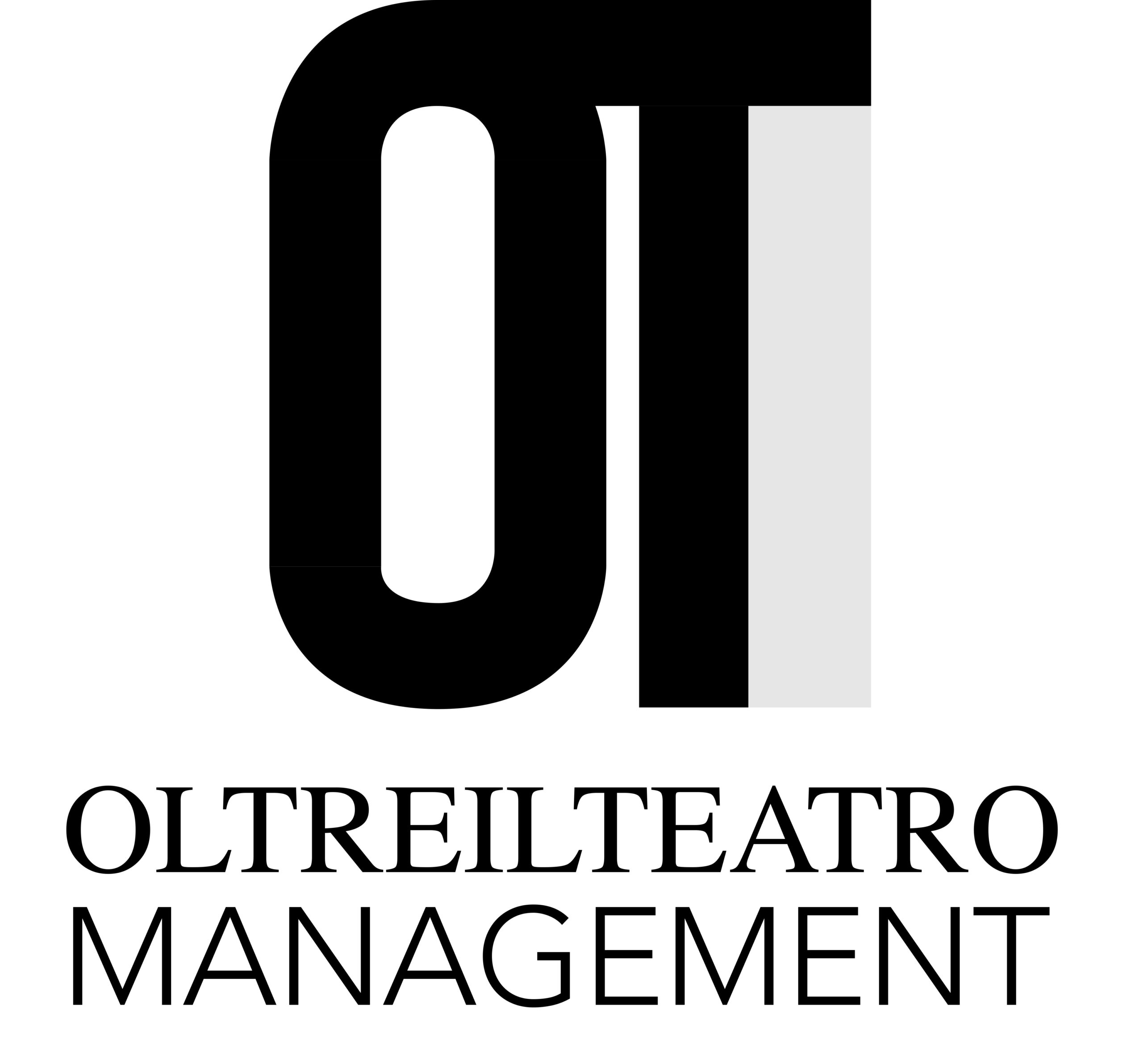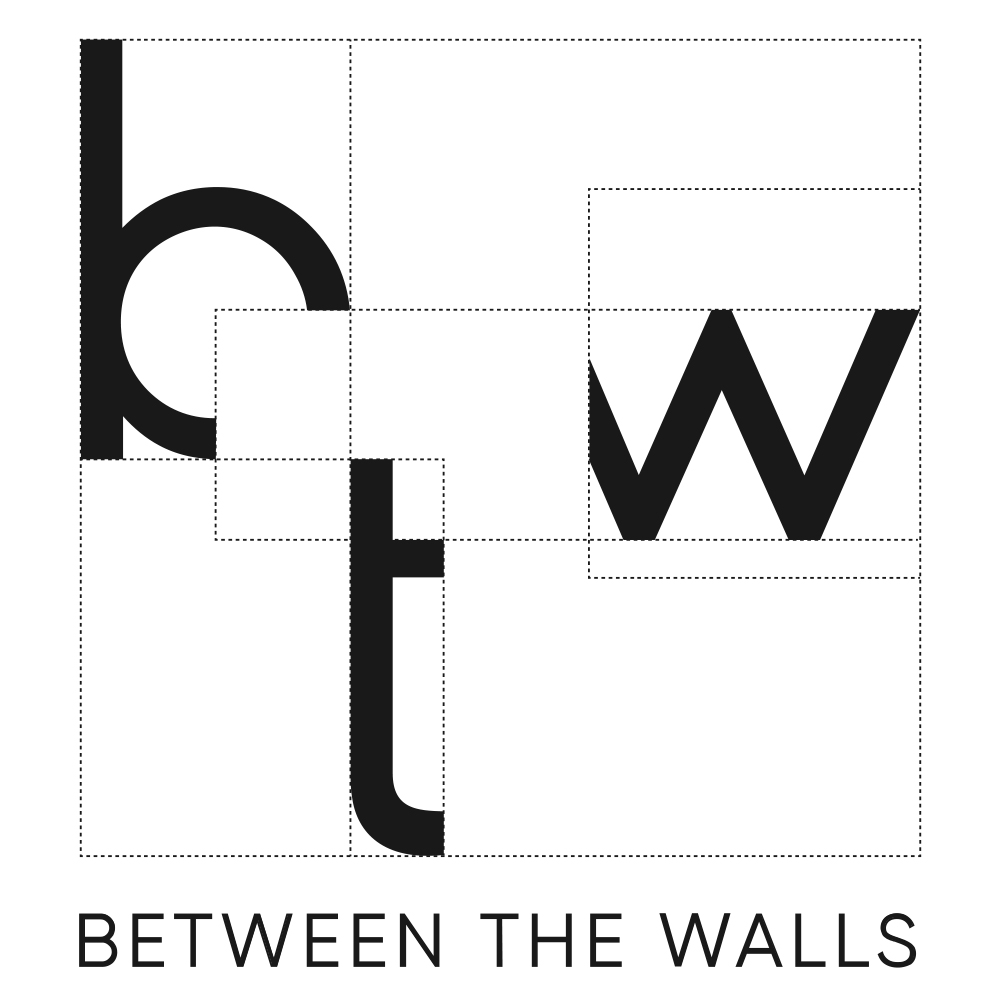Tatiana Khodakova
“Saving is a way to spend money without pleasure” (Arman Salakru)
We are controlled by what we are not aware of. There are a number of habits that prevent us from moving forward and improving the quality of our lives. What are they like?
The first habit is to direct our attention to “fit” in a certain amount of money, for example, a monthly salary. When a person has an income, albeit small, but constant, a strategy can be to “cut” their needs in order not to go beyond the limits in expenses. It seems that it is correct and logical – there is an amount and you need to “fit” your expenses into this framework. But such a thinking strategy launches a mode of total savings, requiring you to constantly “cut” your needs. The more a person “squeezes” himself, the smaller the framework becomes.
If you tend to follow this strategy, try to feel yourself in these frames (most likely, you will also feel a physical contraction), and then explore what beliefs will begin to “float” in your head. Perhaps you will discover:
- “We haven’t lived richly, so there’s no point in starting”;
- “You can do without it”;
- “It’s not vital”;
- “I can’t afford it” etc.
An alternative habit is to learn to direct your attention to “what should I do to earn more?”
The task is not to squeeze your expenses to the size of the frame, but to expand the possibilities of earning more
A new habit leads to an increase in income. For example, ask yourself the question: “What can I sell that I need?” Pay attention – not to sell unnecessary, but to sell necessary, i.e. – “what of my skills can I “sell” (use) to increase income?”
The second habit is to “drain” extra money. By “extra” we mean the money that appears as additional income (bonus, part-time job, gifts), and is not retained, but immediately spent.
Why does the need to get rid of additional income arise? Usually this happens to those who constantly cuts back on their expenses. And when “extra” money appears, an irresistible desire to pamper yourself arises. An alternative habit is to put aside 10% of your income for your pleasures. Yes, pleasures, and not for a “hard timeso”. When you have the opportunity to pamper yourself on a regular basis, you won’t feel “starved” for pleasure and you won’t waste money.
The third habit is to time your purchases to a special occasion. Perhaps you remember childhood stories when someone bought you, for example, boots/a fur coat/a computer, but said: “This is for your birthday, which is in three months.”
Such habits are dangerous because they may not correspond to the real financial situation, but continue to limit a person.
Try now to feel the difference between buying:
- as needed;
- as necessary;
- wasting.
As needed is when a person does not buy another pair of sneakers, for example, but is content with one: he runs in them, goes for a trip, wipes the soles and goes to the gym in them.
As necessary is to have sneakers for running, for city walks and for doing sports in the gym.
Wastefulness is to buy 21 pairs of sneakers that will either lie in the closet or will be worn once a year. In this case, it is more like shopaholism and lack of ecology of consumption.
“Not being greedy is already wealth, not being wasteful is income” (Mark Tullius Cicero)
The fourth habit that leads to financial deficit is to complain about the environment (government, management, tax system, people who do not want to pay but want to save, evil sellers, etc.). In fact, these complaints are a sign that a person does not take responsibility for his life. But responsibility is the power to change your life for the better. Thus, power is voluntarily transferred into “other hands”, since “everything is in the eye of the beholder”. And if you look deeper, you should ask the question: “Why do I see this? Why is it beneficial for me to feel helpless and shift power to someone else?”
The fifth habit is to judge the rich and wealthy people.
I suggest a practice:
Imagine oligarchs in front of you. Explore what feelings arise when you look at very rich people? Some may experience negative emotions – anger, irritation, a feeling that “I was robbed”, etc. Such beliefs as: “You can’t earn big money by honest work” may emerge.
When a person wants money, but has a negative attitude towards people who have it, an internal conflict arises: I want money, but when I look at money in human form, I feel angry, which means I feel the same way about money. I can’t get closer to money, because I’m not as “bad” as they are, so I won’t become rich.
What to do if you have discovered a negative attitude towards money and its owners?
Try the exercise:
Find a list of the top oligarchs of your country on the Internet (people who are in the same geopolitical field as you). Research their biographies. Choose one of them who appeals to you the most. And then perform a daily practice of gratitude to this person: look at the photo (or just imagine this person) and thank him for simply existing, for the fact that he manifests a reality in which there is prosperity and abundance by the fact of his life. After all, if there is someone who was able to achieve wealth, then this can be repeated.
If you have discovered any of the habits listed in yourself, try to explore what beliefs they were formed on.
And remember: “what we are aware of, no longer controls us”.
“Money is only a tool. It will take you where you want to go, but it will not replace you as the driver.” (Ayn Rand)
Photo by Vitalii Khodzinskyi
Translated by Maria Zayats
Read also:
Love is unconditional, relationships are not
Love is not a need or a cold shower for the mind

Татьяна Ходакова
Практический психолог
Интегративный подход






